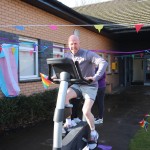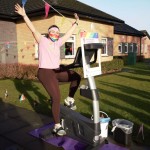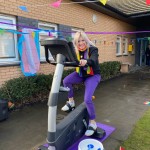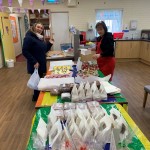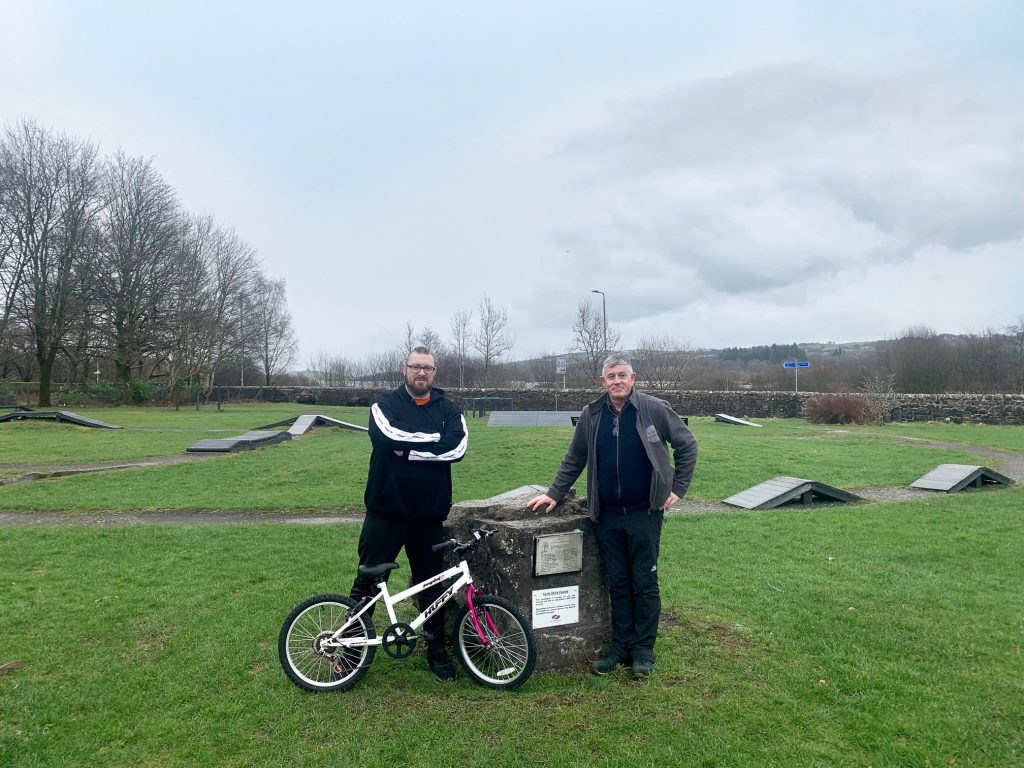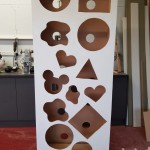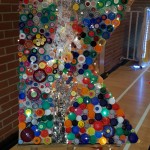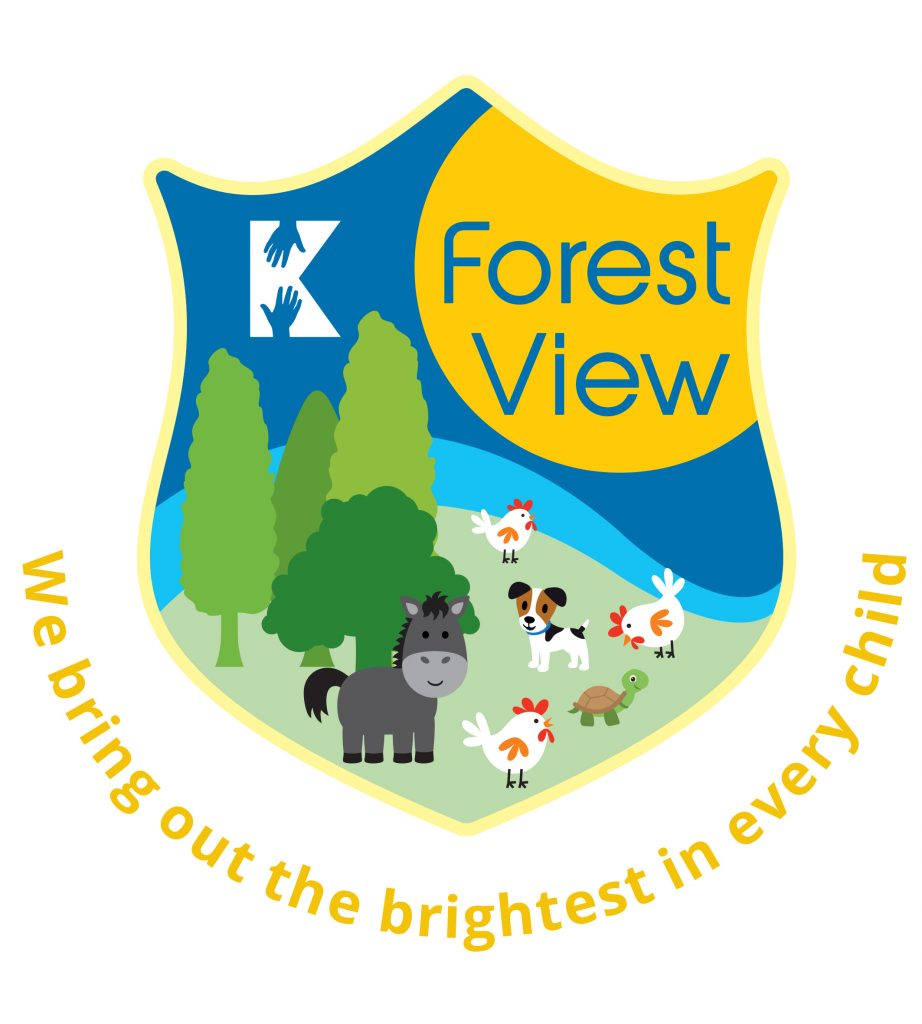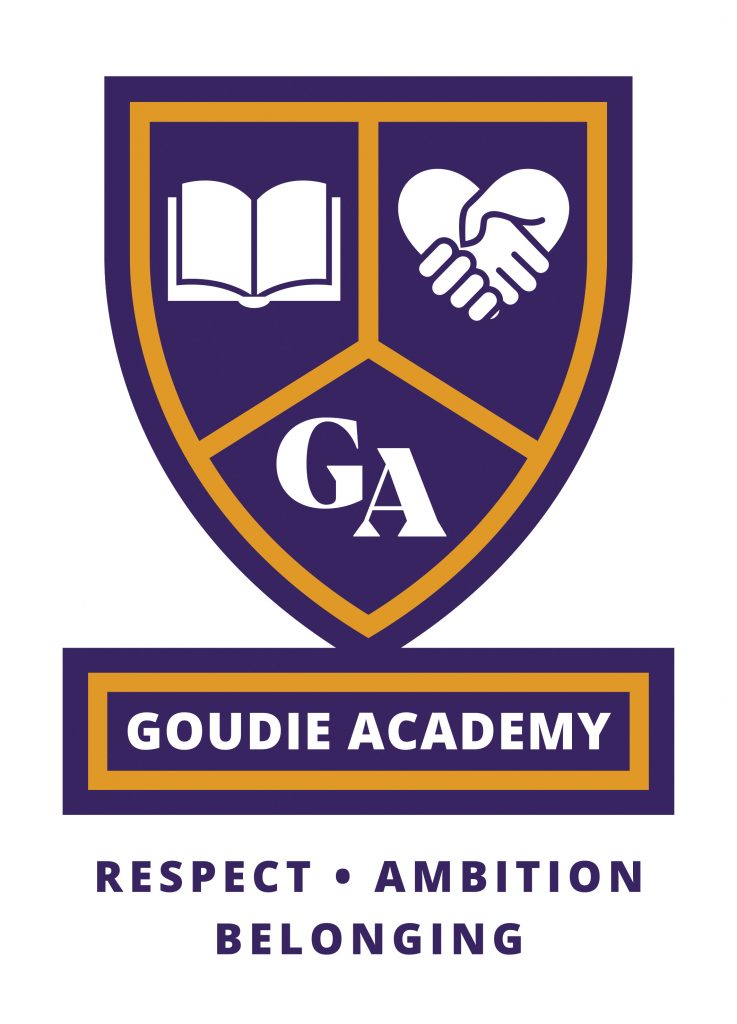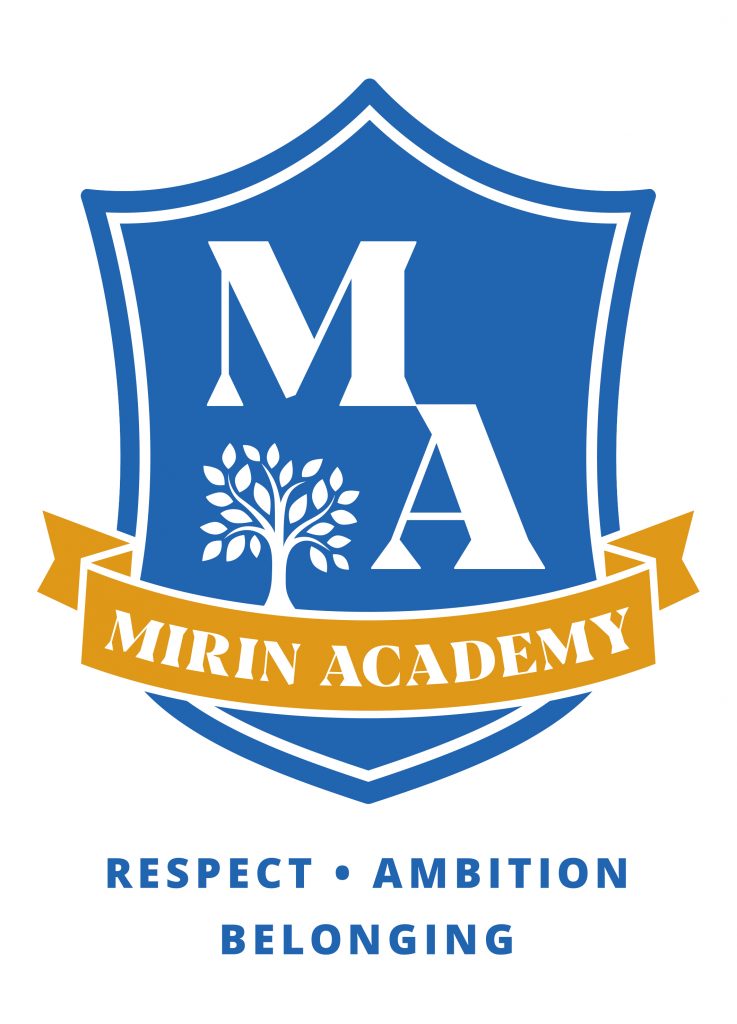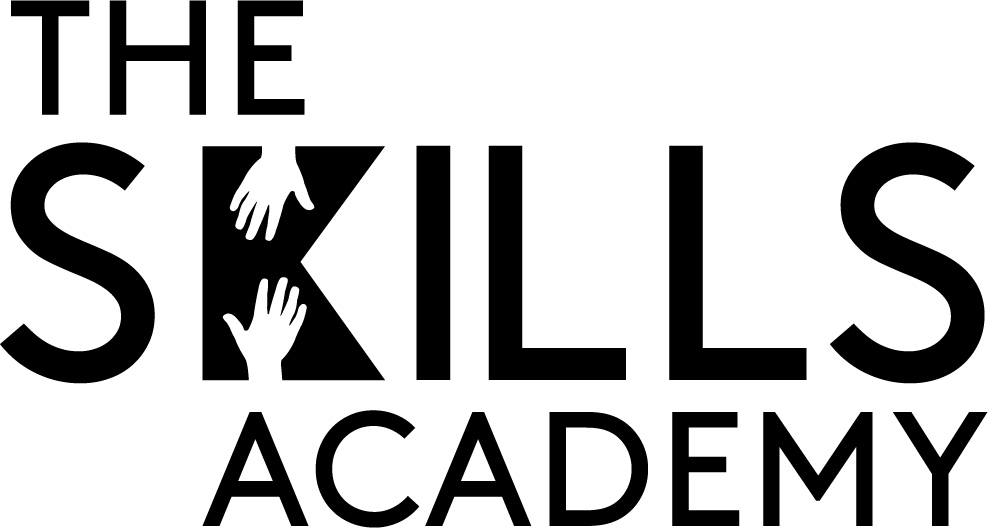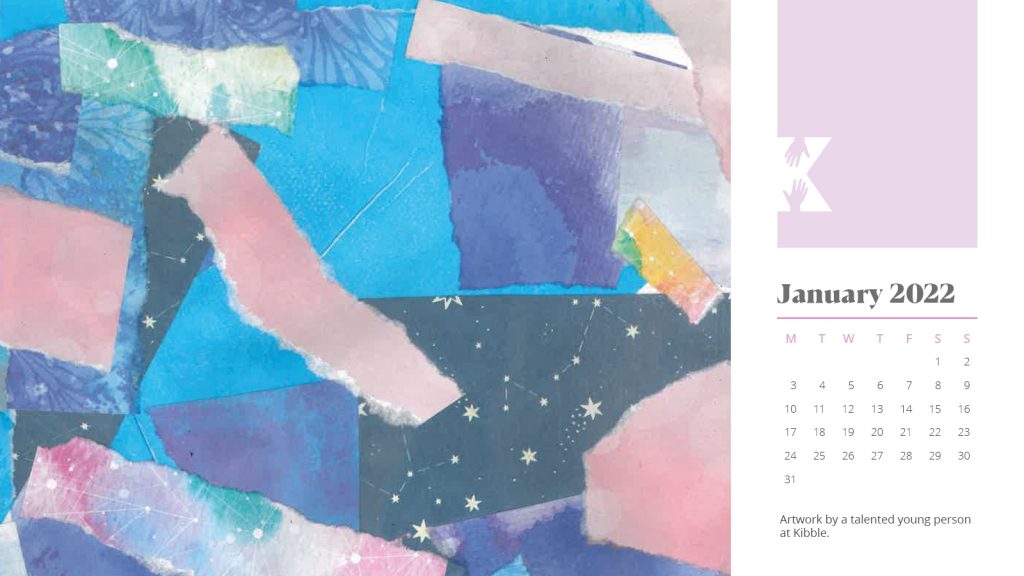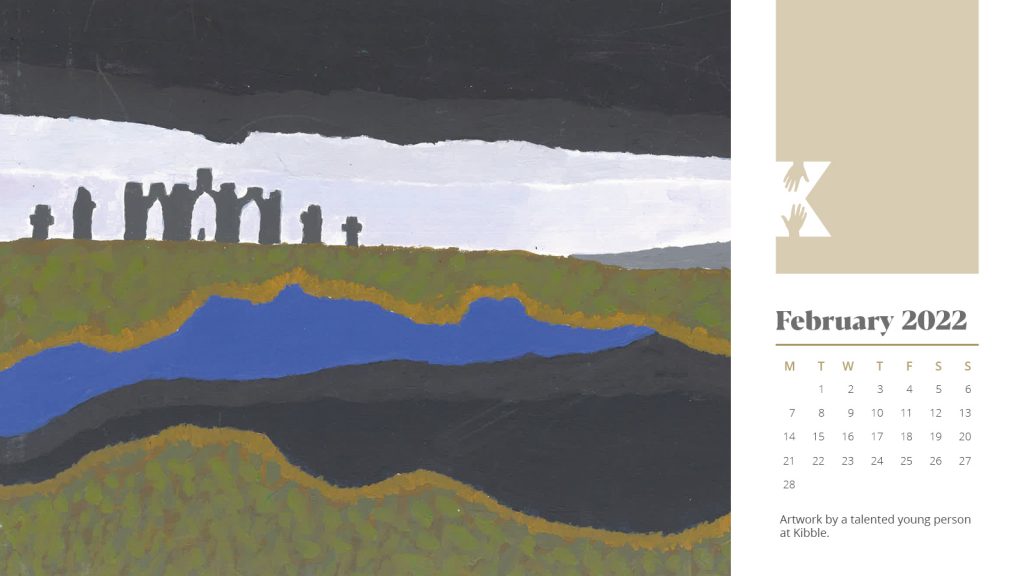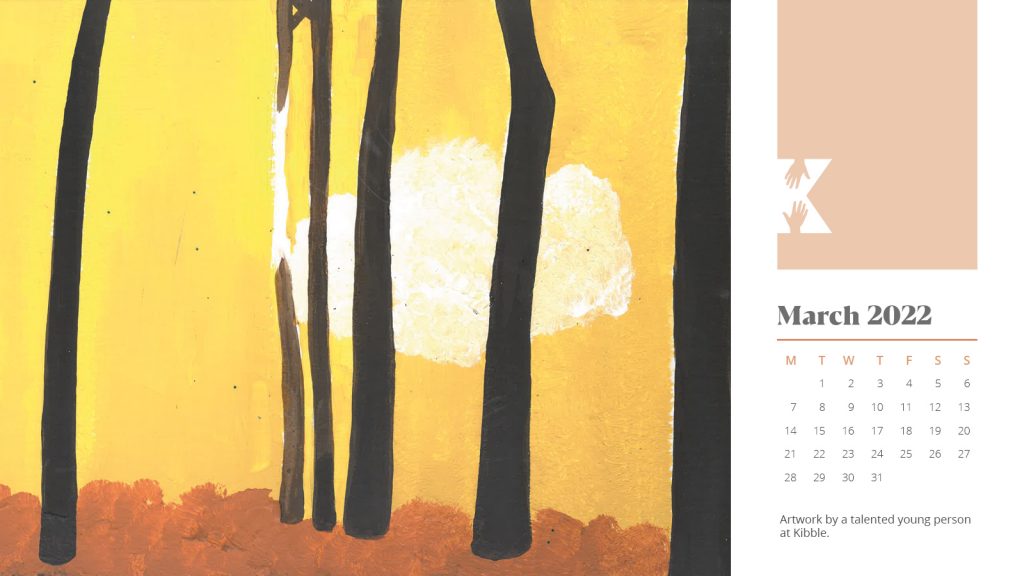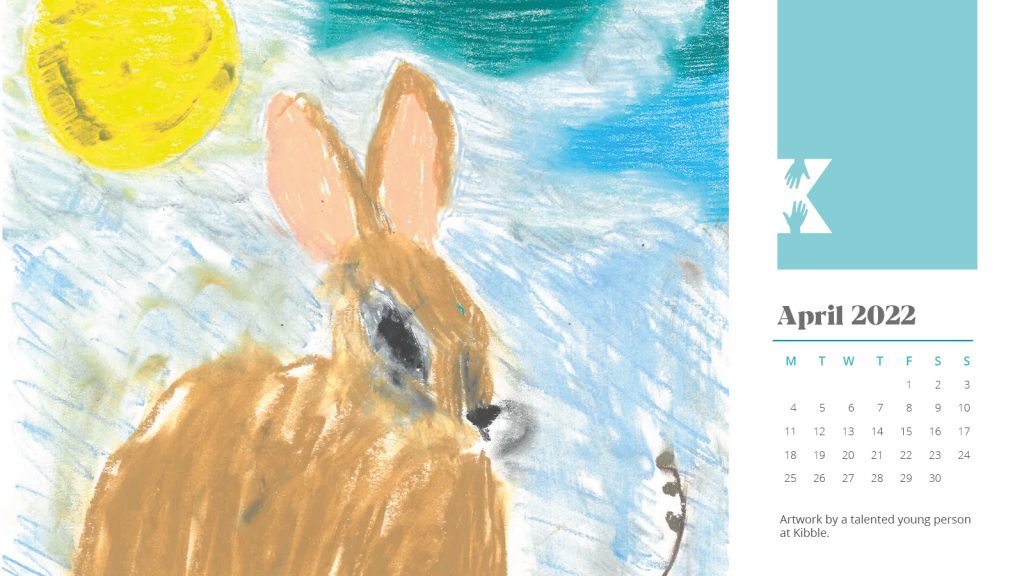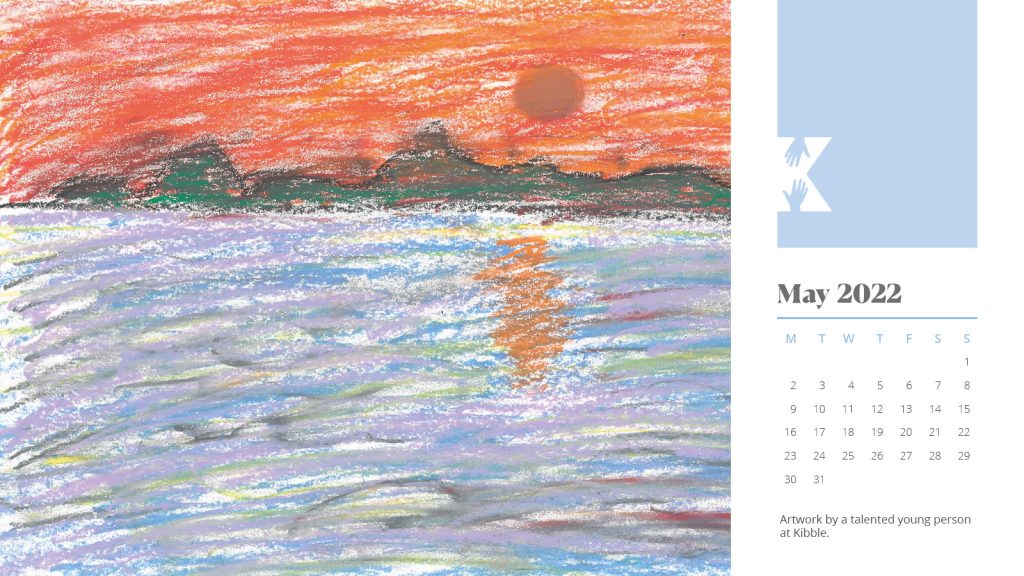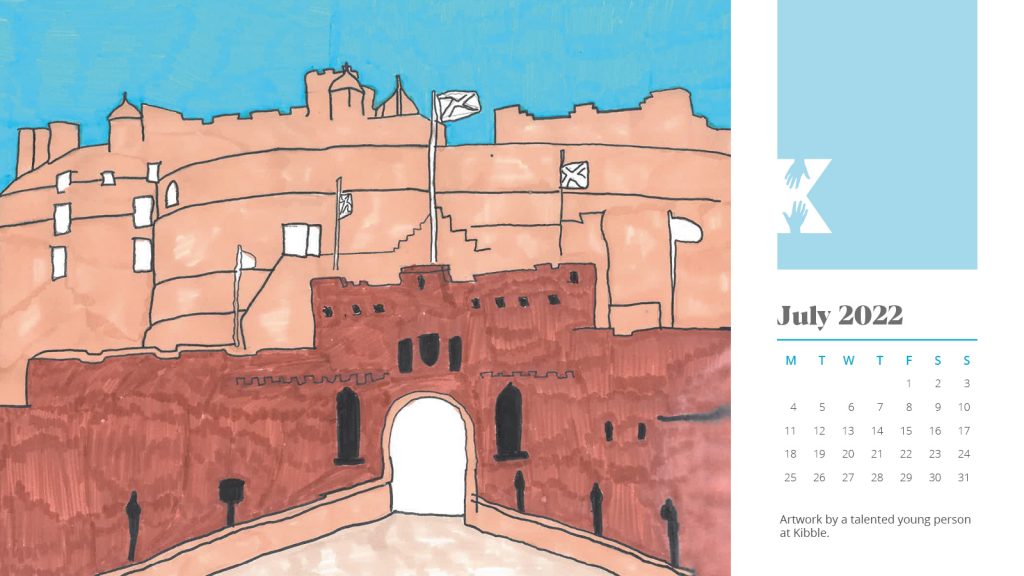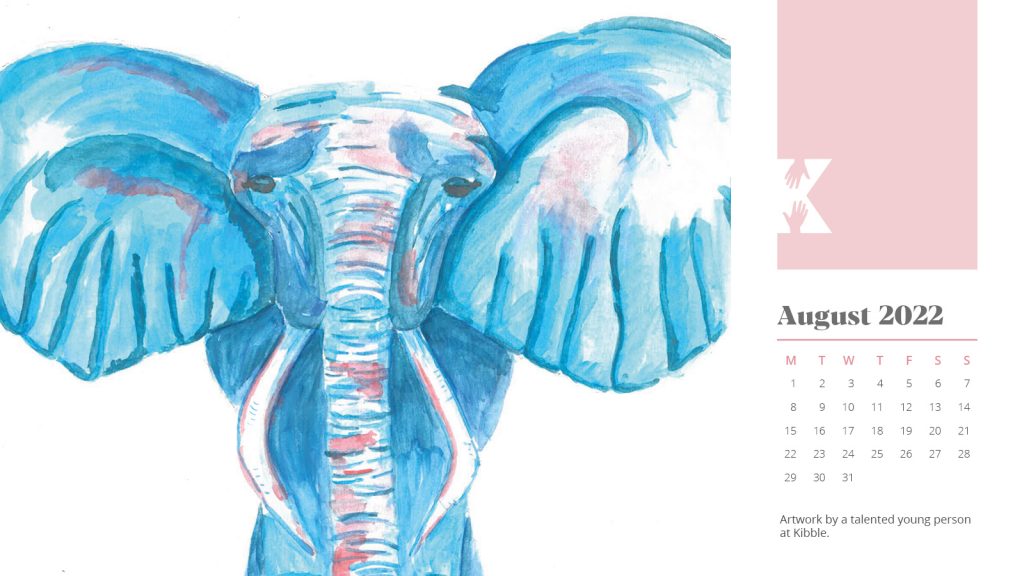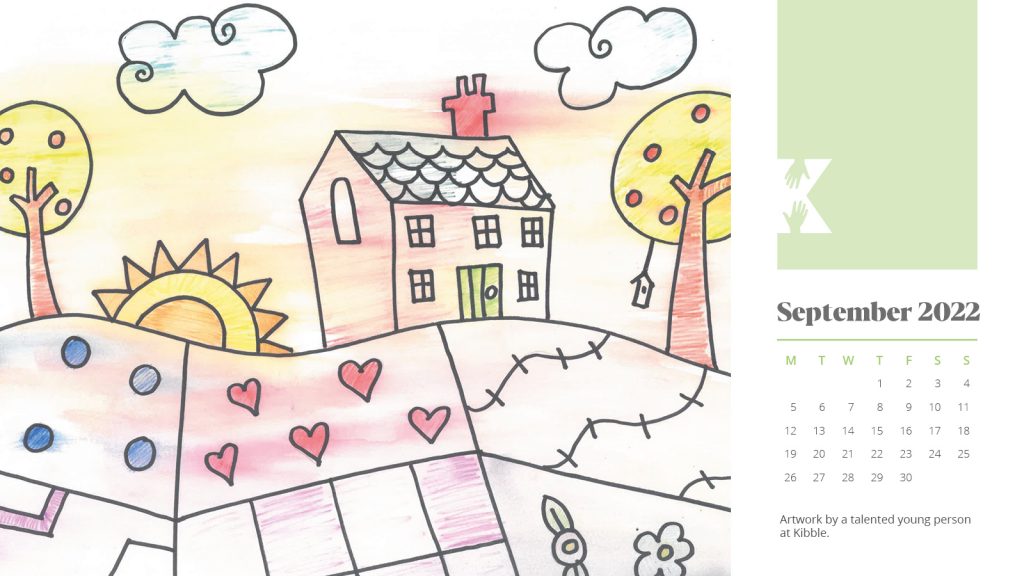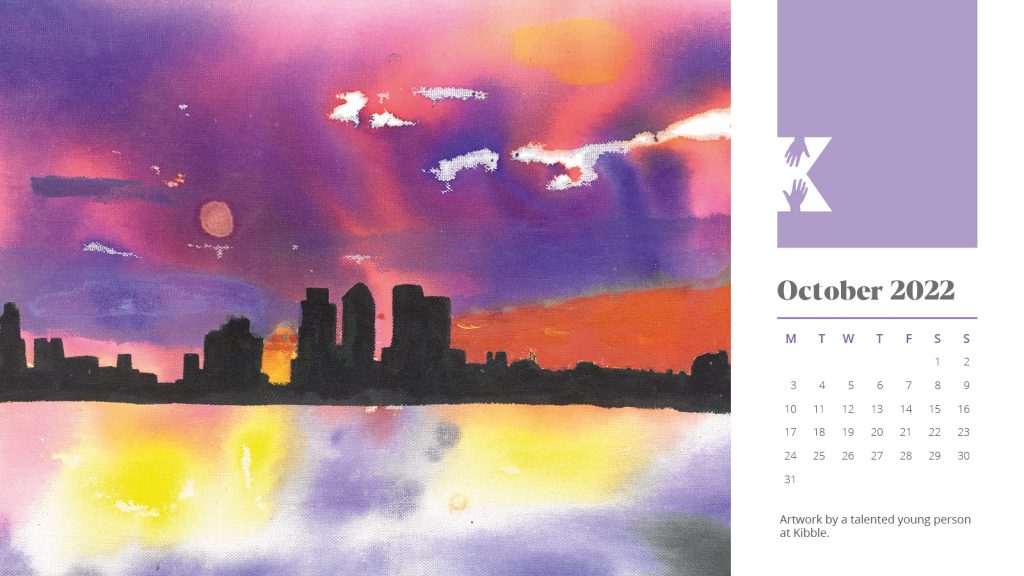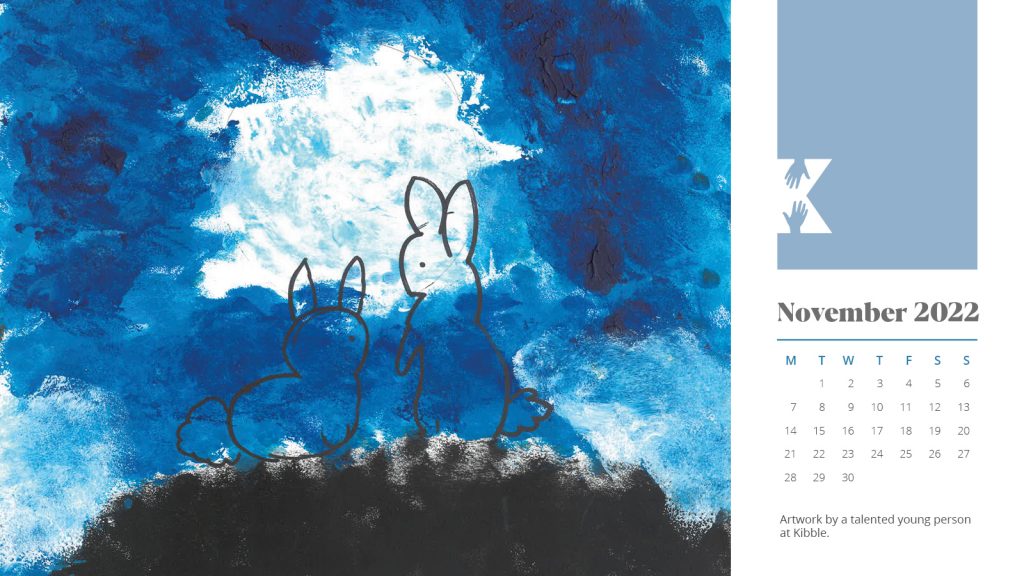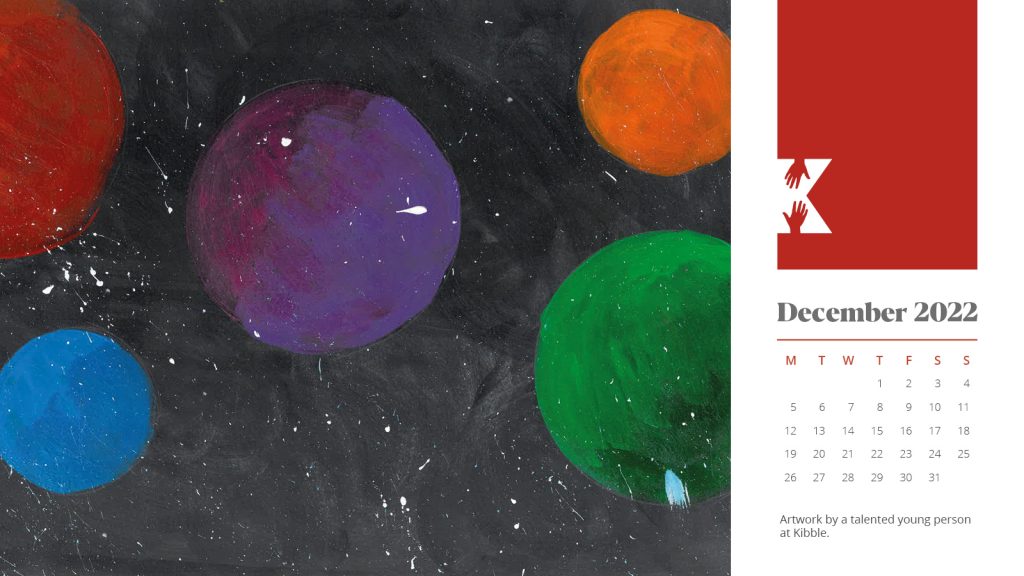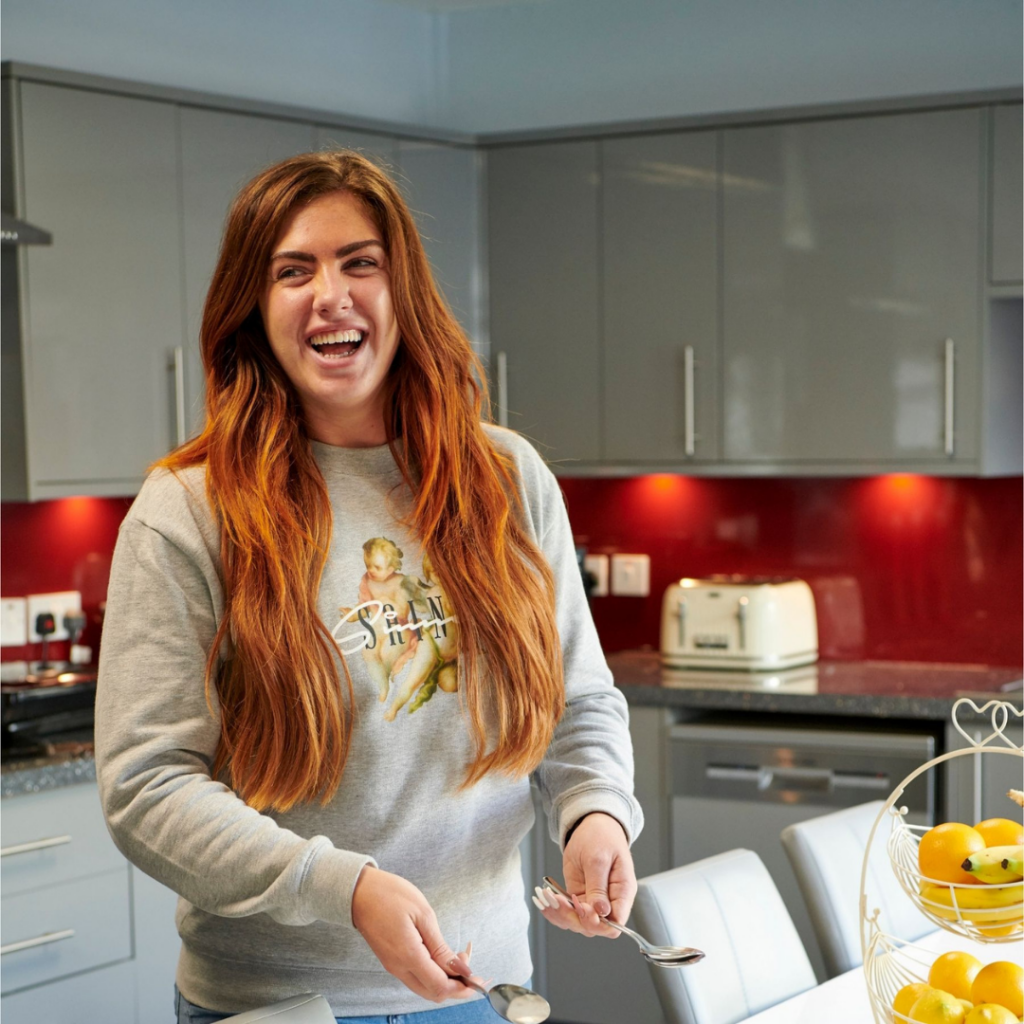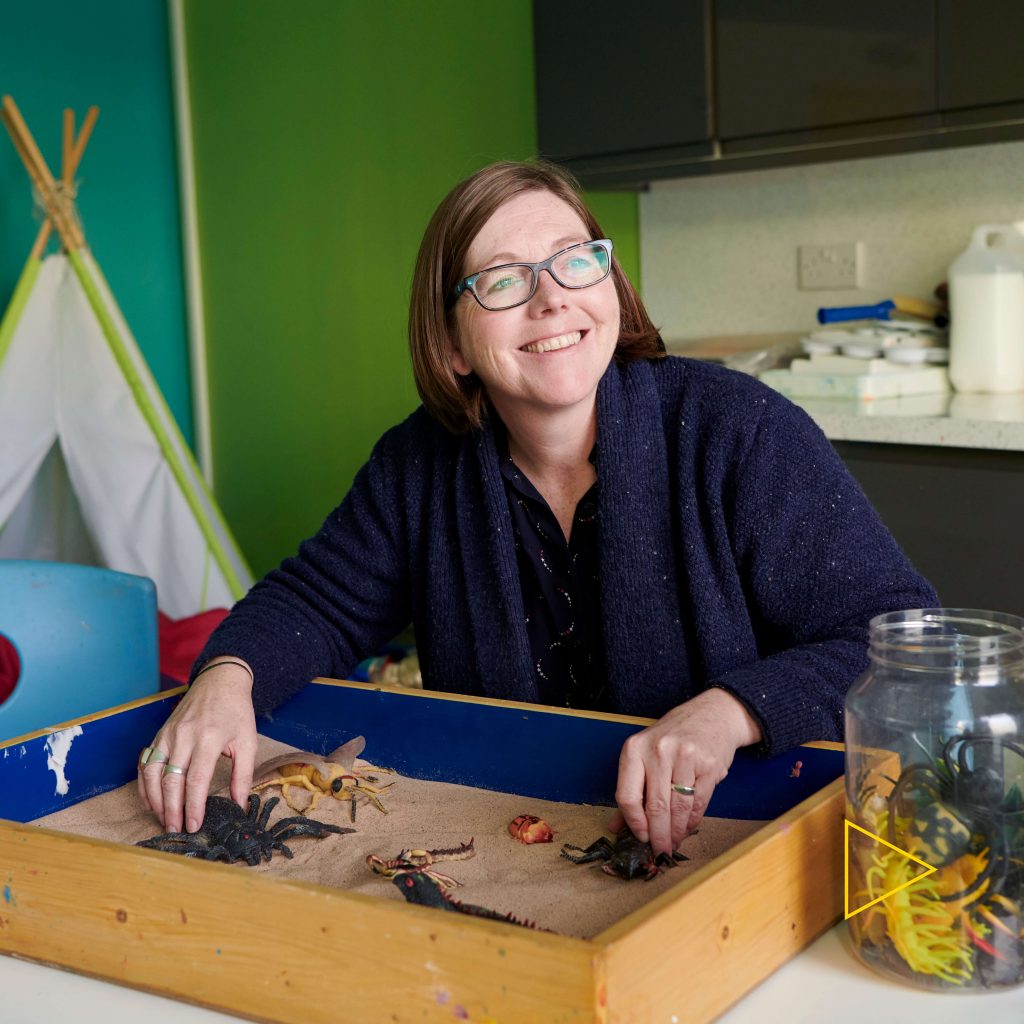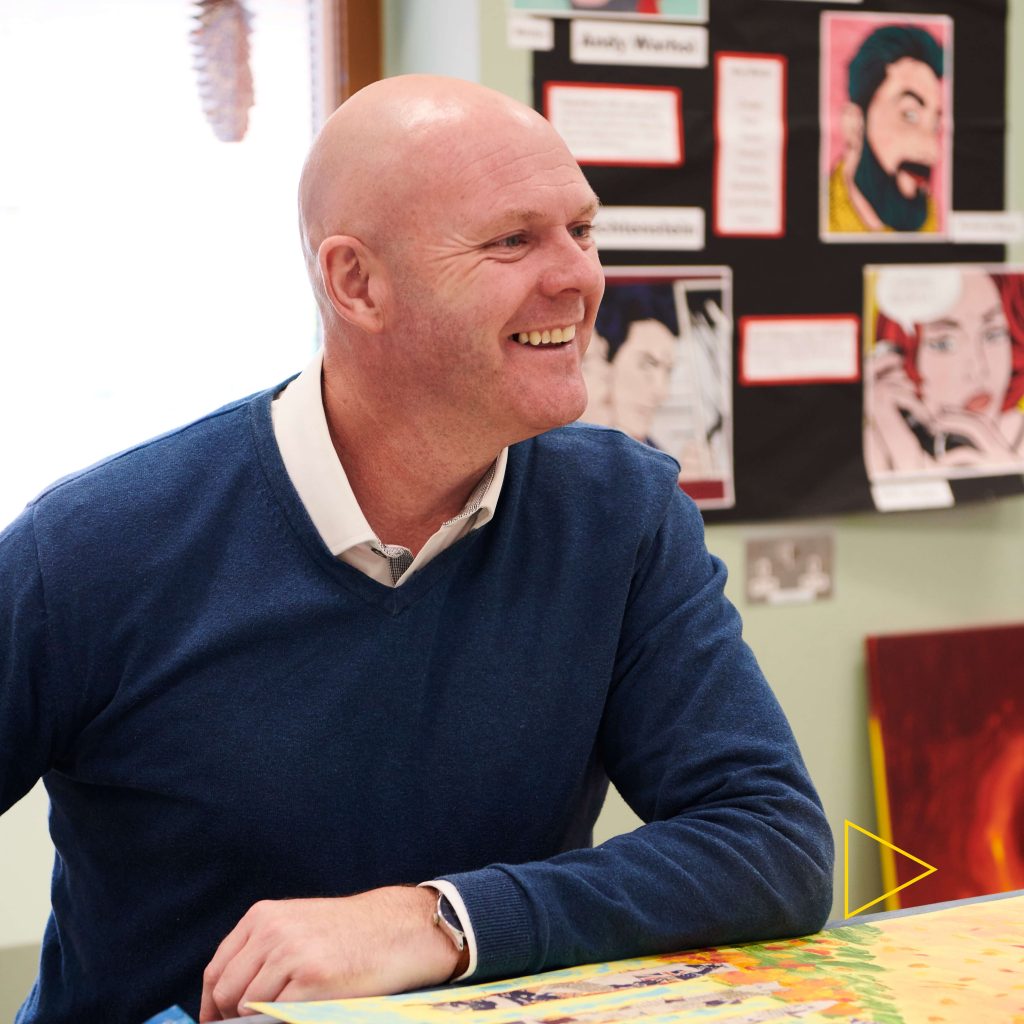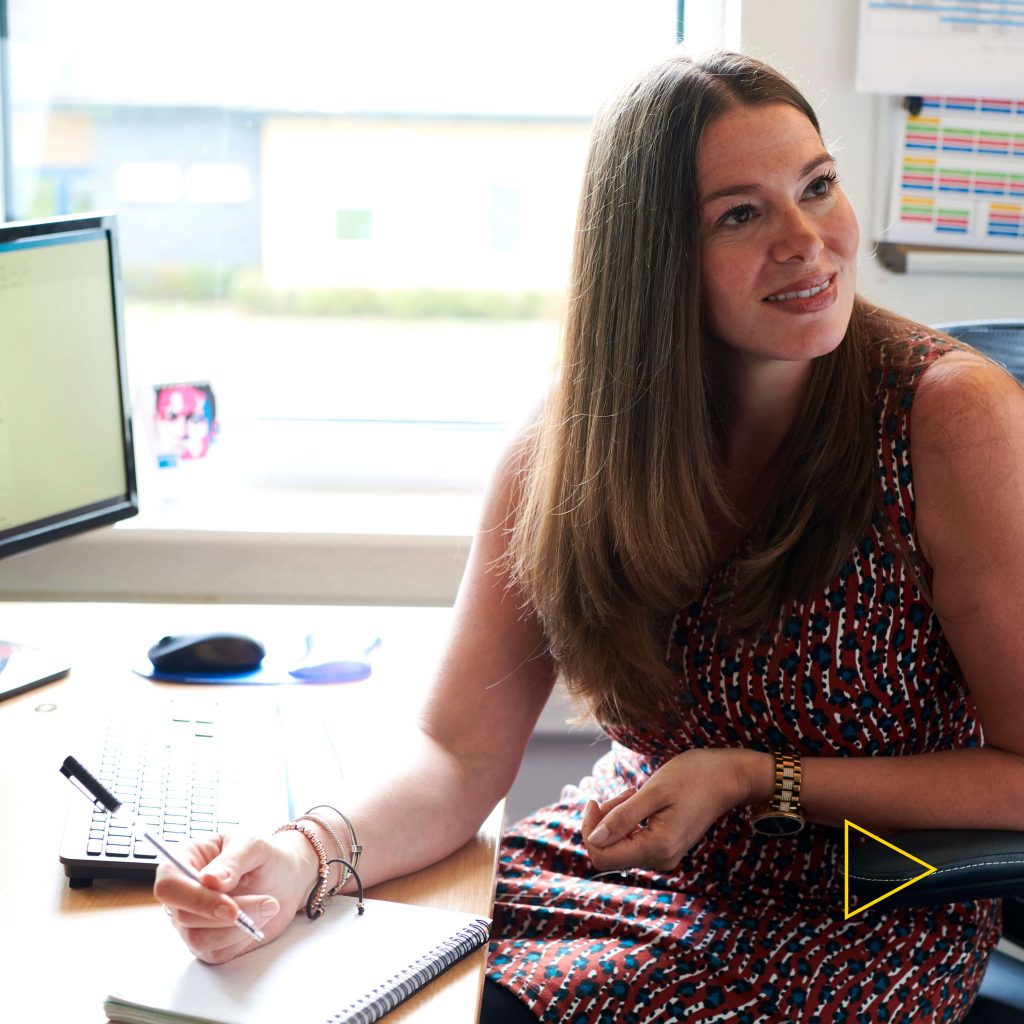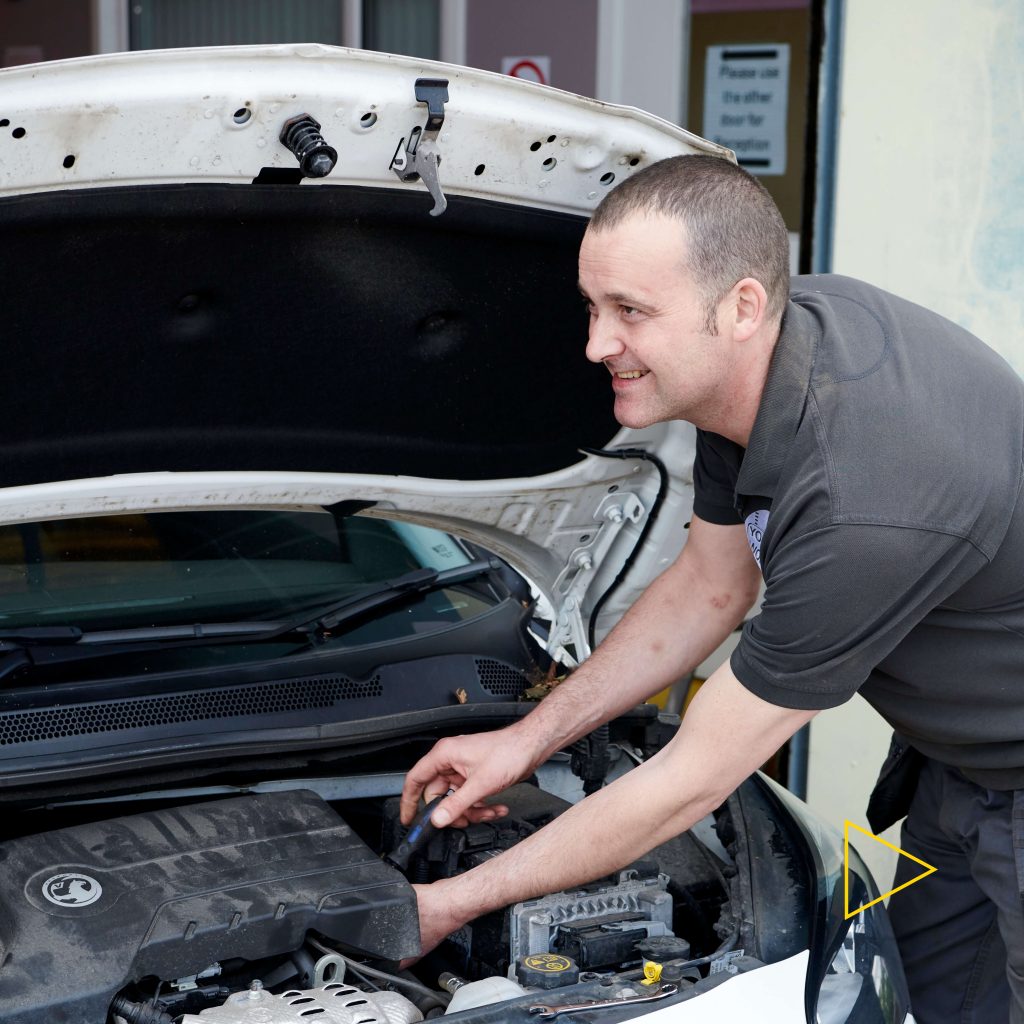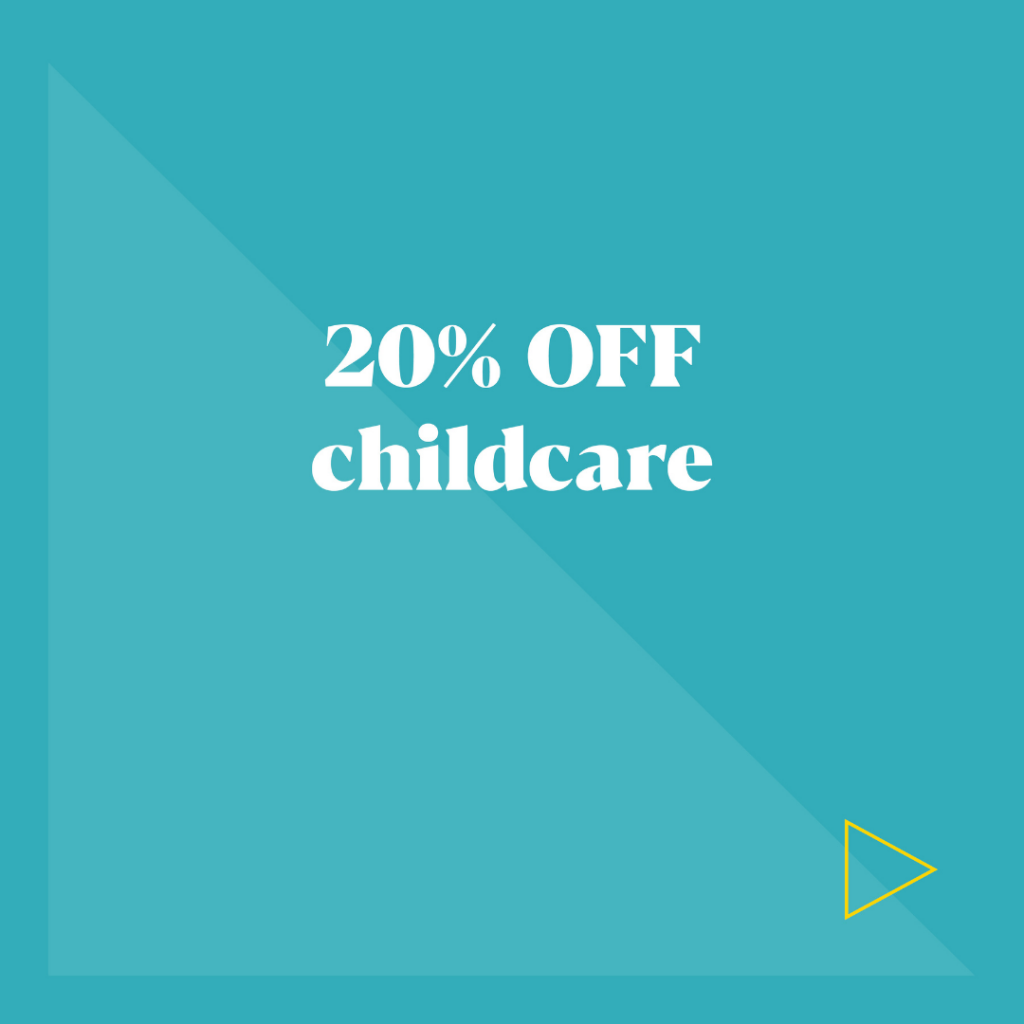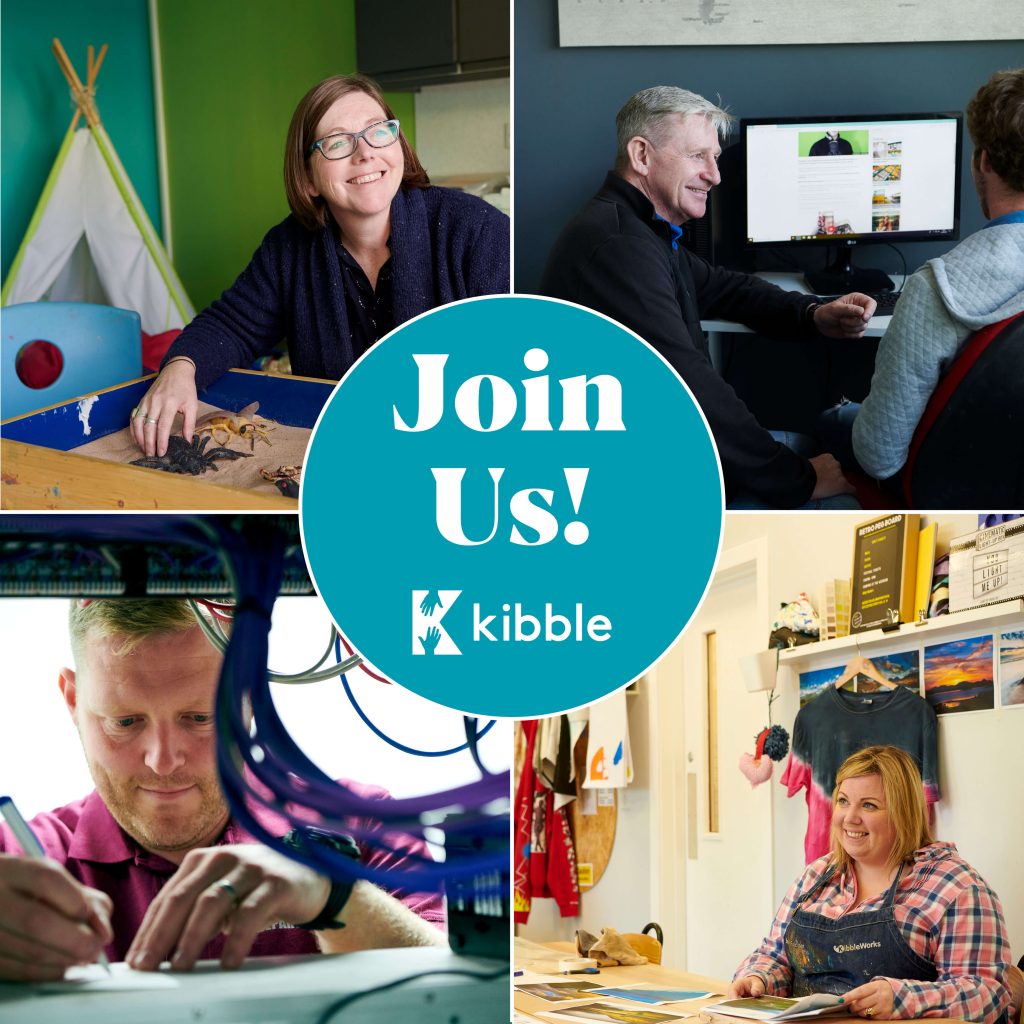Posted: Young people at our Safe Centre, alongside the staff team took part in a ‘Big Sleep Out’ on Tuesday 1 March to raise funds for charity Action for Children.
The budding group wanted to make a difference to the lives of vulnerable children and families and chose to brace the sub-zero temperatures to help raise vital funds. The group of five pupils and six staff set up their station for the night with a roaring fire topped up with kindling, a ping pong table to keep spirits high, camp chairs, sleeping bags… and of course multiple cups of hot tea. However, big Keith’s music through the boogie box left a lot to be desired!
As the temperatures dipped to minus 3, there was certainly warmth of spirit as the dedicated group shared jokes, stories and lots of laughs as they huddled together in their sleeping bags. We’re not sure whether it was David “Mainman’s” practical jokes that kept them going through the night or if it was indeed Education Manager Hilly’s legendary beef stew cooked on the campfire, but either way the incredible group rallied together and saw sunrise.
To date, the group has raised a phenomenal £825, smashing their original £500 target out of the park. Further donations can be made via the Just Giving page.
Once again, young people across Kibble never fail to make us proud with their generosity and willingness to step up for others. Young people have taken part in various fundraising sleep outs over the years and their determination and kindness shows no bounds. Well done to the Famous five!
“Lots of young people who come to Kibble are supported by Action for Children and we know how much good work they do. The young person who organised this sleep out personally has experience with them and would love to give something back to them”. Callum Reilly, Child and Youth Care Worker
“I really enjoyed the sleepout with the other kids and staff. It was very cold. I got a couple of hours sleep but the majority was good except the cold – I really enjoyed the food and snacks.” Young Person
“I really enjoyed the sleepout and it was fun. It was very cold but it was nice and warm in my sleeping bag. I feel sorry for homeless people “ Young Person
“The Big Sleep out was one of the best experiences I have done when in care” Young Person
“I have worked in Kibble for twenty two and a half years and the Big Sleepout was arguably the best and most worthwhile activity I have ever been involved in. Well done to everyone involved!” John Hillcoat, Education Manager
“Jura house young people and staff decided that they wanted to do something for charity. It was agreed that they would complete “A Big Sleep Out”. Staff and young people planned this meticulously and set up a just giving page to raise much needed money for Action for Children, as one of the young people had received excellent support from them in the past. At time of writing, they have raised over £800 which is fantastic. All young people and staff are a credit to each other the centre and to Action for Children. Well done to all! Gary Peebles, Acting Head of Operations
